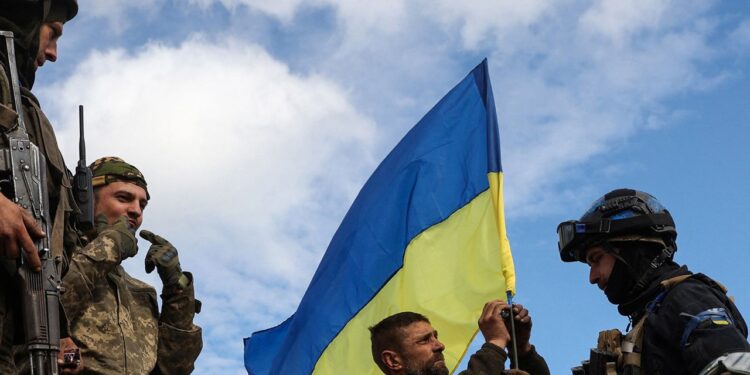Russia has launched a fresh wave of missile and drone attacks on Kyiv, marking one of the most intense bombardments of the Ukrainian capital in recent months. Ukrainian officials reported that dozens of drones and cruise missiles were fired overnight, with air raid sirens sounding across the city for several hours.
According to Ukraine’s air force, the country’s defences intercepted the majority of the incoming projectiles, but several managed to breach the shield, causing damage to residential buildings and critical infrastructure. At least four people were reported injured, with emergency services deployed to extinguish fires and clear debris from affected districts.
The attacks appear to be part of a broader campaign by Moscow to degrade Ukraine’s air defences and energy grid as summer approaches. Military analysts suggest that Russia is attempting to exhaust Ukraine’s supply of Western-supplied interceptor missiles, especially ahead of a potential new ground offensive in the east.
In a statement, Ukrainian President Volodymyr Zelensky condemned the strikes as “terrorist acts” and renewed calls for increased military support from allies. He emphasised the urgent need for more Patriot missile systems and long-range artillery to counter continued Russian aggression.
Kiev residents, now accustomed to nightly blackouts and shelter warnings, are showing signs of fatigue. Still, morale remains defiant, with citizens sharing images of downed drones and damaged rooftops on social media, expressing both anger and resilience.
Russia has not officially acknowledged the latest attack, but Kremlin-linked media continue to frame such operations as strategic responses to Western support for Ukraine. The pattern of strikes has intensified since early May, as diplomatic negotiations remain stalled and military momentum on both sides appears uncertain.
With each assault, the risk of civilian casualties and further infrastructure collapse grows. As Ukraine braces for a long summer, the international community faces renewed pressure to bolster its support, or risk watching the war’s toll deepen in Europe’s largest conflict since 1945.
newshub finance











Recent Comments